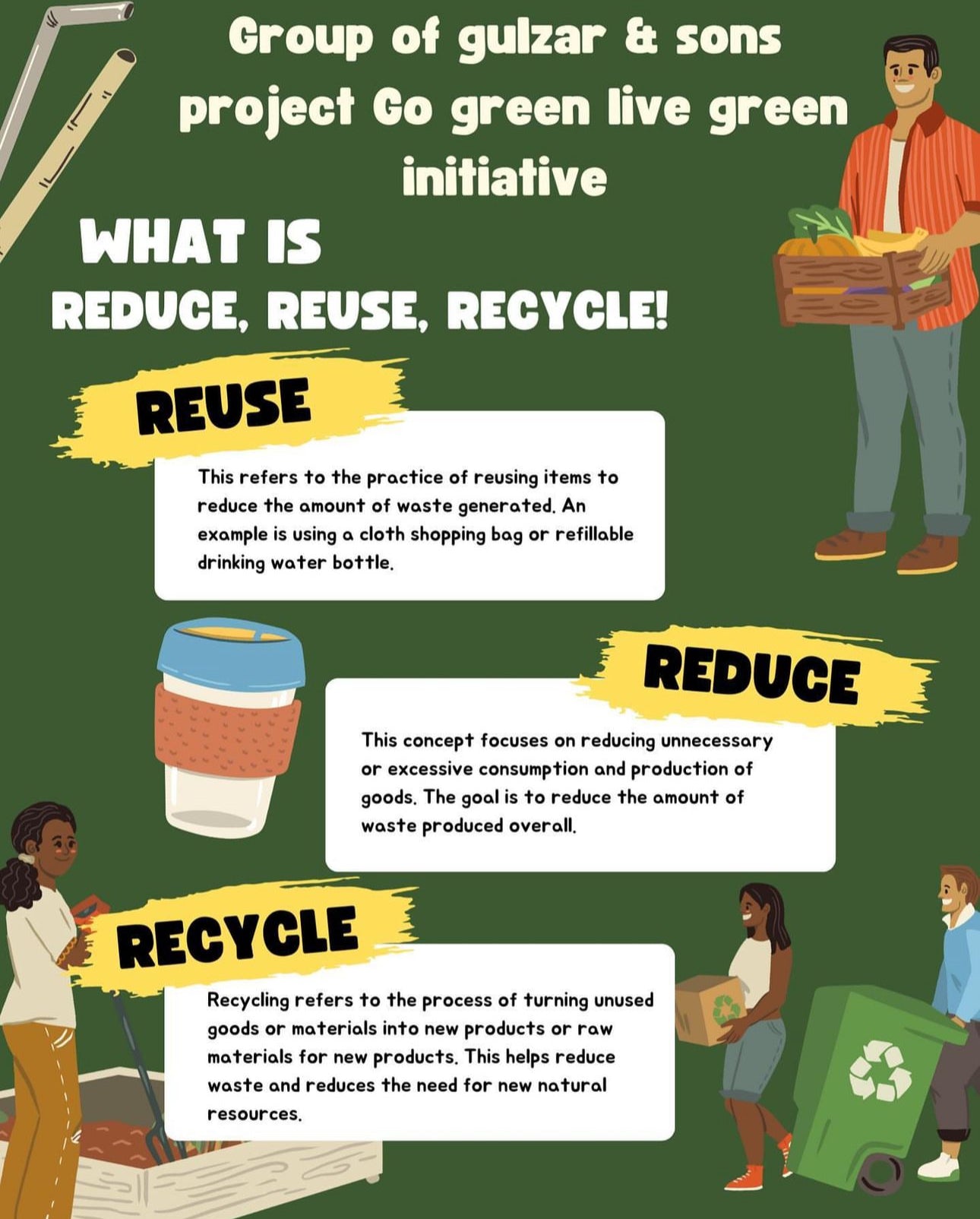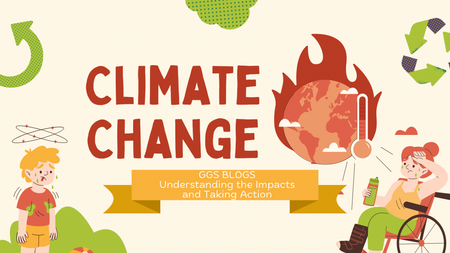MUHAMMAD, company.com
Category: ggs-blogs
Date:
GROUP OF GULZAR & SONS (GO GREEN LIVE GREEN INITIATIVE

Recycling, particularly plastic recycling, offers numerous environmental, economic, and social benefits. Here's a breakdown of the key advantages:
Environmental Benefits:
- Reduces Waste: Recycling plastic helps divert waste from landfills and incinerators, minimizing pollution and reducing landfill usage.
- Conserves Resources: By reusing materials, recycling reduces the need for new raw materials, such as petroleum, which is used in plastic production.
- Reduces Pollution: Plastic production and disposal contribute to air, water, and soil pollution. Recycling reduces harmful emissions and waste.
- Reduces Energy Consumption: Producing new plastic requires more energy than recycling existing plastic. This means that plastic recycling helps lower energy consumption, reducing greenhouse gas emissions.
- Prevents Ocean Pollution: By properly recycling plastics, less plastic waste ends up in oceans, where it can harm marine life and ecosystems.
Economic Benefits:
- Job Creation: The recycling industry generates employment opportunities in collection, sorting, processing, and selling recycled materials.
- Supports a Circular Economy: Recycling contributes to a circular economy, where materials are reused and repurposed, leading to sustainable growth and reducing the need for new resources.
- Reduces Manufacturing Costs: Recycled plastics are often cheaper to process than new plastics, leading to lower manufacturing costs for businesses.
- Encourages Innovation: Recycling stimulates innovation in waste management, materials science, and sustainable manufacturing practices.
Social Benefits:
- Raises Environmental Awareness: Recycling encourages individuals and businesses to think about their consumption and waste patterns, fostering environmental responsibility.
- Promotes Sustainable Practices: By adopting recycling, communities contribute to sustainability efforts that benefit future generations and the planet.
- Improves Public Health: Reduced plastic pollution leads to cleaner air, water, and land, which can have a positive impact on public health and well-being.
Key Challenges of Plastic Recycling:
- Contamination: Non-recyclable plastics or food residue can contaminate recycling streams, making it harder to process materials.
- Limited Recycling Options: Some types of plastic, such as single-use plastics, may be difficult or economically unfeasible to recycle.
In summary, plastic recycling helps conserve resources, protect the environment, and support economic growth while creating a cleaner and healthier world for future generations.
Tags:


